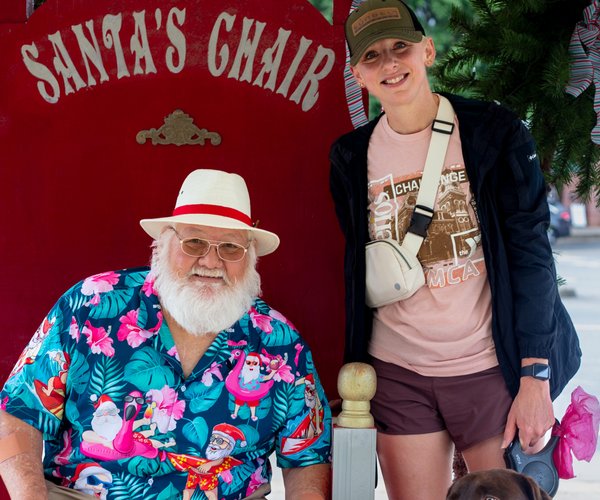Most days Fate Reed never turns his back. He keeps the same, alert, 180-degree view of his surroundings: metal tables, small rectangular windows and brown jumpsuits. Reed is very much alone, and a moment of inattentiveness could provide an inmate at the Newton County Detention Center with an opportunity to attack.
Jail stressful on inmates and employees





